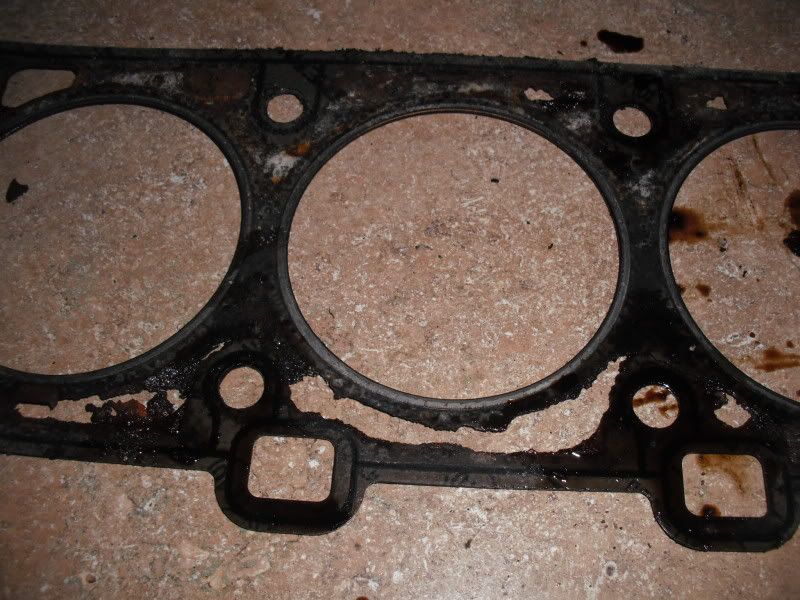robwright
New member
I have worked in engineering for the last 22 years both in the Army and now in the rail industry so when you talk about planned maintenance then I think I know my onions. Funny how planned, timely maintenance can keep a Bedford MJ running for 40 years or an 08 shunt engine (08934) in my particular case running for over 50 years (and that has white metal bearings in the axle box!!!). We do it in our work but rarely pay any regard to it with our cars!!!










